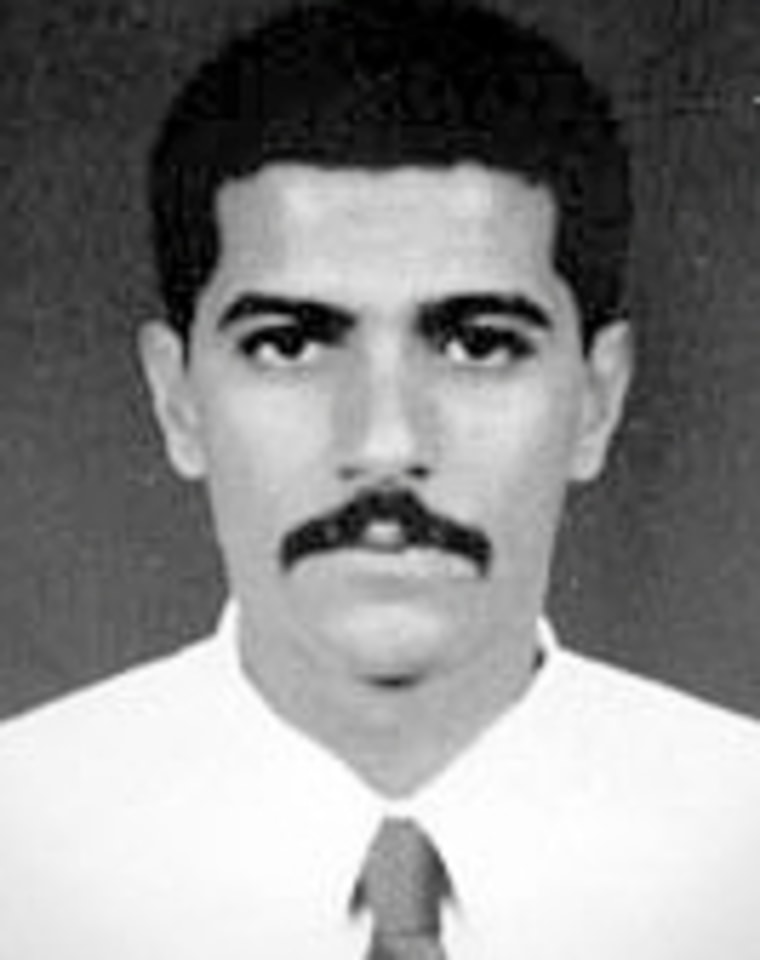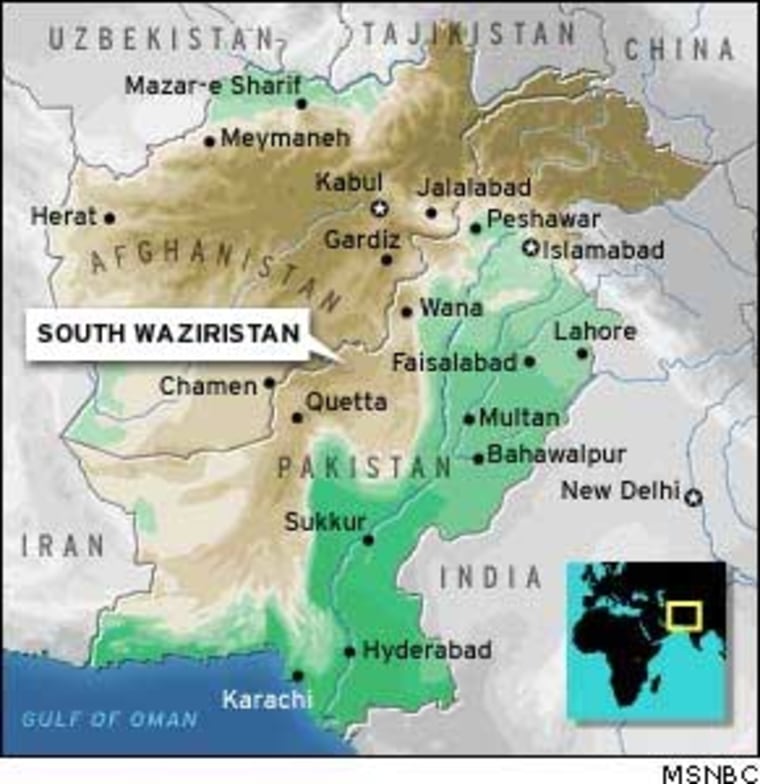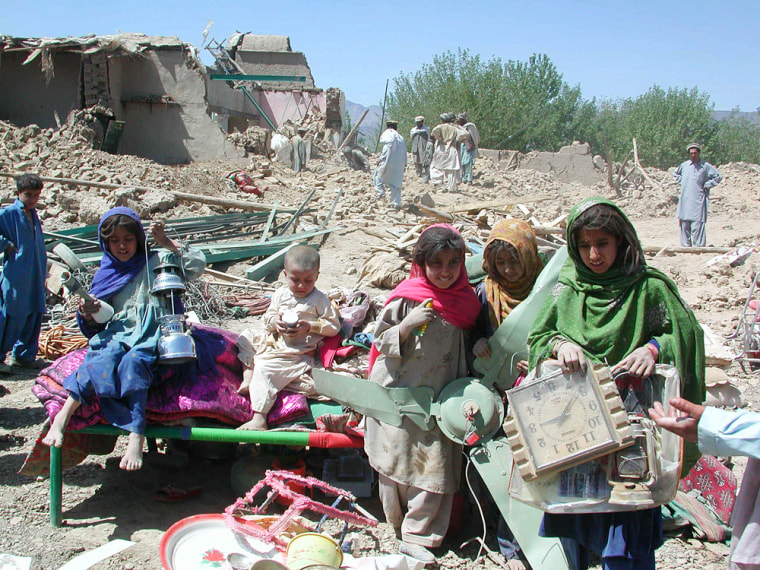An al-Qaida fugitive killed in a recent Pakistani military operation near the Afghan border was a local operative and not the terror network’s intelligence chief, Pakistan’s army spokesman said Tuesday.
On Monday, army spokesman Maj. Gen. Shaukat Sultan told a news conference that intelligence sources indicated that the al-Qaida intelligence chief, whom he named only as Abdullah, had been killed in the operation.
Another member of Pakistani intelligence said the military was showing photos of Abdullah Ahmed Abdullah — who is on the FBI’s Most Wanted List — to captured militants, but none had identified the photo.

On Tuesday, Sultan said the man apparently killed in South Waziristan was far less senior.
“Now I can confirm that he was only the head of al-Qaida’s intelligence in Wana,” the main town in South Waziristan, said Sultan. He blamed the mistake on faulty initial intelligence.
A U.S. intelligence official, speaking on condition of anonymity, said earlier the United States doesn’t know if Abdullah Ahmed Abdullah was slain. “We do not have any confirmation on it,” the official said.
There were conflicting accounts among Pakistani intelligence and government officials about whether Abdullah’s body had been recovered. Sultan would give no details.
Pakistan death toll rises
Meanwhile, authorities have found the bodies of two Pakistani government officials dumped in a well after they were abducted two weeks ago at the start of the operation — the largest ever sweep for al-Qaida fugitives — that wound up Sunday.

Tribesmen in the Kaloosha area of South Waziristan found the bodies of Mati Ullah and Ameer Nawaz late Monday, bringing the government and military death toll in the operation to at least 48.
The two officials were captured by militants in a botched initial assault on March 16 when the paramilitary forces raided homes in Kaloosha but met with stiff resistance.
“Their bodies were found in a well,” said a government official in Wana, the main town in South Waziristan. He spoke on condition of anonymity.
Their bodies were taken to a hospital in Wana and then claimed by their families, local officials said.
“Probably they were murdered several days ago,” said Brig. Mahmood Shah, chief of the security for Pakistan’s tribal regions bordering Afghanistan.
Twelve paramilitary soldiers who were also abducted were freed on Sunday, when the military pulled out thousands of forces after negotiations conducted by tribal elders.
Mixed results
The military declared the operation a success, claiming it had killed 63 foreign and local militants. But hundreds of other militants are still at large. Uzbek terrorist leader Tahir Yuldash was reportedly wounded in the assault but escaped.
In all, Pakistani forces arrested 167 people in the operation, including 73 foreigners. Security officials have said Uzbeks, Chechens and Arabs were among them.
The two-week Wana operation was the largest since President Gen. Pervez Musharraf, a key U.S. ally, sent 70,000 troops to the border with Afghanistan after the Sept. 11 attacks to prevent cross-border assaults.
U.S. and Afghan forces have been deployed on the other side of the border in an offensive against al-Qaida and Taliban forces there.
